Both systems generate language sequentially, and the smoothness or choppiness of that generation is a direct, observable measure of the ambiguity of the task and the resources required to resolve it.
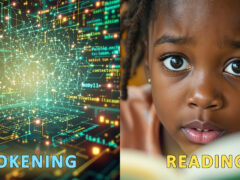

Both systems generate language sequentially, and the smoothness or choppiness of that generation is a direct, observable measure of the ambiguity of the task and the resources required to resolve it.
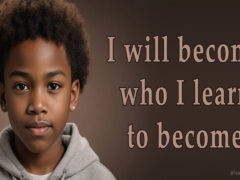
Understanding “I will become who I learn to become” can be profoundly beneficial for all teens, especially those facing socioeconomic disadvantages.
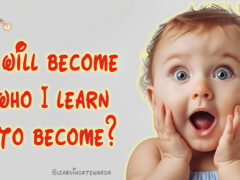
Within a child’s agency, nothing is more universally determining of how they are becoming the adults they are becoming than the ongoing live flow of their learning. Consider the life-benefits of learning early in life that “I will become who I learn to become”.
The future of AI learning from its past is an exciting prospect with the potential to revolutionize the way AI systems are developed and interact with humans.
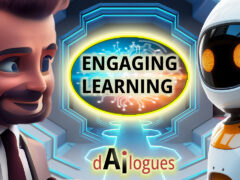
Throughout the following conversation please filter your responses through our previous agreements: Children can’t help but learn to become adults Learning is not just “a” central focus; it is “the” central dynamic of being human, encompassing every aspect of our existence and development. Because nothing within a child’s potential agency is (or can be) more […]
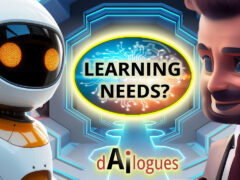
I am in Blue. Gemini (formerly Bard) is in Black Considering everything discussed and referred to in our prior conversations: Always Learning What Should They Learn We Must Be Stewards Miraculous Intersections Regardless of what we are learning, what are the kinds of learning need experiences that can be consciously recognized during the flow of participating […]
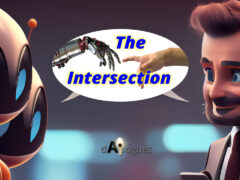
The best possible source of information from which to improve the stewarding of children’s learning, and the best possible source children have to improve their participation in learning is the same. Decades ago, I started calling this convergence the “miraculous intersection“. In this conversation with Gemini (Google’s renamed Bard), we explore this ground-level principle […]
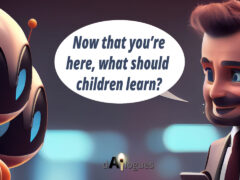
Today’s children will become adults in a world beyond the imaginations of their parents and teachers. Given such unprecedented uncertainty about the future, what should children learn?
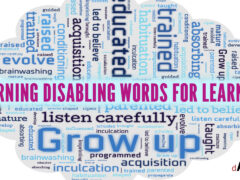
Misattributing the effects of learning to other causes can have profound consequences, not just for individual understanding but also for how we approach learning as a society.
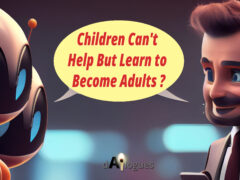
I understand that the way I talk about learning has the potential to contribute to existing misconceptions of learning and the acquisition of learned learning disabilities.
